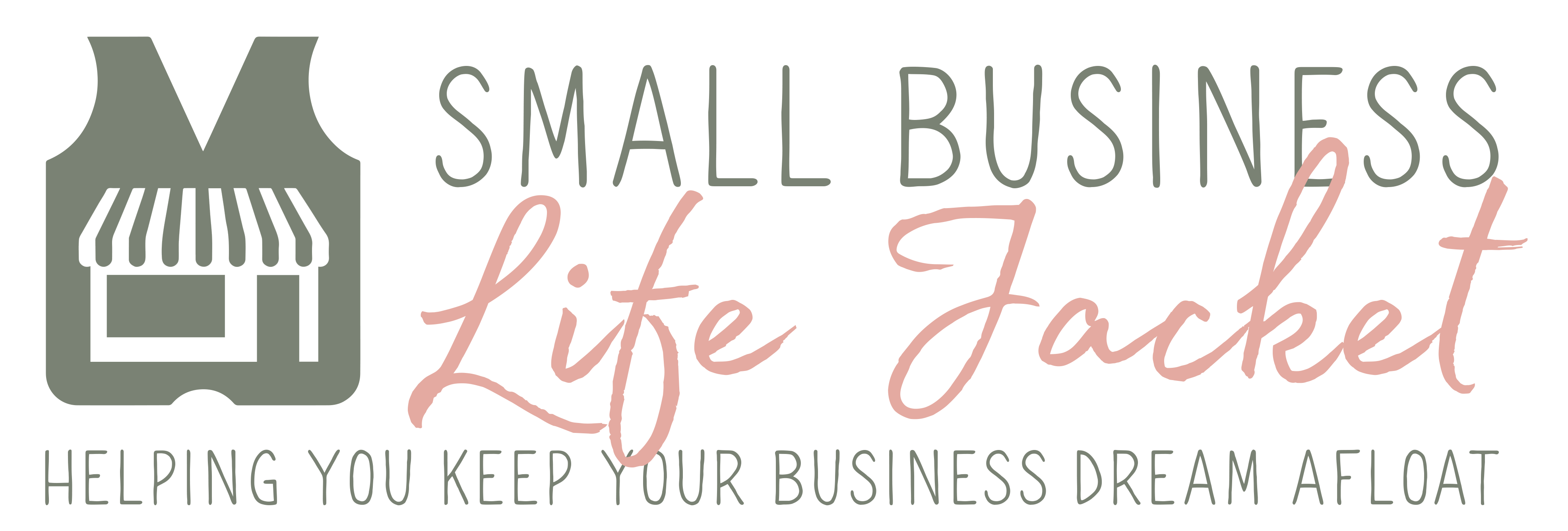To Be or Not To Be An LLC
Do you need to be an LLC in order to be a “real” business? Not necessarily. There are several types of “real” business structures you can choose to elect. I want to help you choose the right type of structure before you even get started. There is a fair amount of paperwork required to correct an incorrect election, so let’s go over this now before you even get started.
You don’t actually have to be an LLC to be legitimate, let’s just get that thought out of the way. As far as the IRS is concerned, you can run a business as a sole proprietor. This goes directly on your federal income tax return on a Schedule C, and all of your income and expenses are included in your Adjusted Gross Income (AGI). If you are just starting out, don’t get in a panic about your business structure yet, because you can run it as a sole proprietor and you are legitimate as soon as you start actively trying to make a profit.
You will make things easier for yourself and your business if you choose the correct structure before you get too far into running your business. I like to make choosing a structure one of the first decisions my clients make. Once this decision is made, you can then apply for an EIN (tax ID number), open a business bank account, etc. There are definite advantages as well as disadvantages of each type of structure. Let’s go over a few of these:
1. Sole Proprietor
- You will operate as yourself; you are allowed to have a business name, but all of your business finances go directly to your individual federal tax return. You’ll have a lot less paperwork required for this type of election, even though you still need very thorough record keeping, but you aren’t required to do annual filings with the Secretary of State. If you do have a business name, you will probably want to register a trade name to make sure that business name is yours. You’re going to use your own social security number for the business. You will need to make quarterly estimated tax deposits. One disadvantage of operating as a sole proprietor is that there is unlimited liability, so if you run a type of business that may carry a risk of liability, you don’t want to operate as a sole proprietor.
Partnership
- Let me just say right now that this is my least favorite type of business entity. It’s fairly easy to set up, you will have annual filings, and a separate business tax return, but your share of income will feed directly into your individual tax return. The reason I don’t like this form of business if because either partner can make decisions for the partnership, and both partners are liable for those decisions. This liability can risk the personal assets of the partners also, it isn’t limited to just partnership assets. Also, if one partner dies or becomes incompetent the partnership is no longer a valid business. You will make estimated quarterly payments if you are in a partnership also. And please, don’t set up a business for a married couple as a partnership, there is absolutely no advantage to this.
Limited Partnership
- This form allows the partnership to have general partners and limited partners. Limited partners have limited power in running the business, and their liability is limited to their investment in the business. General partners still have unlimited liability. I see this most often when parents want to make their children their business partners. Don’t. Just don’t. You can hire your kids, give them responsibility, even some profit sharing. Making them your business partner opens a whole new can of worms. And regardless of what you’ve heard, making your children your business partner does not make it totally okay to write off your Disneyland vacation as a business trip.
Corporation
- A corporation is a separate business entity that files it’s own federal tax return and pays it’s own taxes. There is more work involved with required filings, and double taxation. You profits will be taxed at a corporate rate, then dividends payed to the owners will also be taxed. The advantage of a corporation is limited liability, your personal assets are not at risk if the corporation incurs a liability. Besides the double taxation, a disadvantage is that it can be more costly and complicated to run. Most small businesses have no need to be a “C” corporation. When your business grows into an empire, then you’ll want to be a C corp. If you do decide that you could incur large liability, you can opt to operate as an “S” corporation. These are limited to companies with a small number of shareholders, and have single taxation. Although the S corp must file it’s own tax return, the profits from an S corp pass through to the individual shareholders personal income tax and are only taxed once, much like the profits of a partnership. You will also have annual filings required for this type of corporation.
Limited Liability Company (LLC)
- If you operate as an LLC you have protection against unlimited liability. Your only assets at risk are limited to the amount invested into the company by the members. You will have single taxation for this type of entity, income from the LLC passes through to your individual tax return. Many business owners choose to set up as an LLC because they want to protect their personal assets, this protection only applies to legal business activities. An LLC covers many of the basic needs you will have running a business, just remember that you’ll have a bit more annual paperwork to do.
Make sure you understand the state and federal filing requirements that come with the business structure you elect, and know that you can fulfill those requirements before you choose an entity. If you are unsure, talk to your accountant or attorney. Discuss what type of entity you need to be in order to conduct business as you have planned. The biggest question you should consider is what type of liability you could be exposed to.
I’ve decided, now what?
Your next step is to file your paperwork with the Secretary of State where you are going to be conducting business, then you can file for your EIN with the IRS. Remember that you can file for an EIN as an individual also. This gives you the opportunity to buy wholesale with most companies just like you would if you set yourself up as a separate company.
Once you’ve filed with the Secretary of State and obtained an EIN, you’ll have the proper paperwork you need to be able to open a business bank account, get set up with your state’s sales tax division, and get set up for worker’s comp and unemployment in your state if you are going to have employees. If you aren’t comfortable filing your initial paperwork with your Secretary of State, either hire an accountant to do it for you, or you can get our SOS filing kit specific for your state here.
If you set up as a certain type of entity and need to change it later, that’s not a problem. As you grow you can make a different election that is more appropriate to the size of the business, and your accountant can help you with this. For right now, make a decision based on what your immediate plans are, and go from there.



